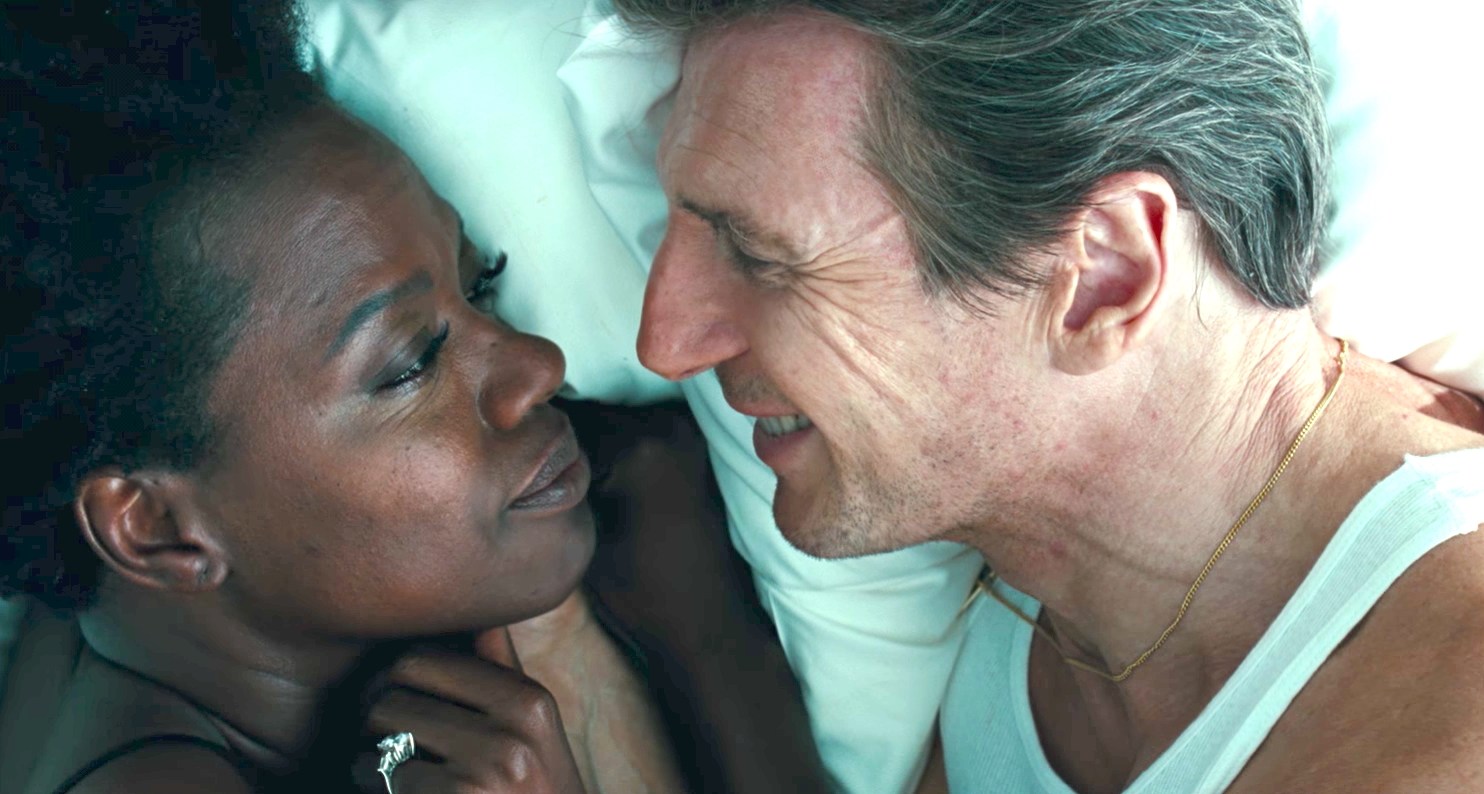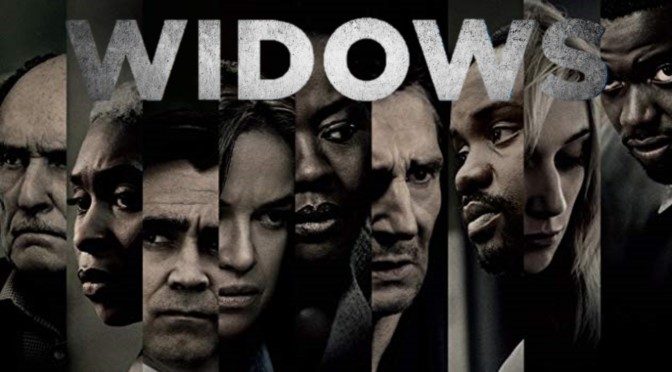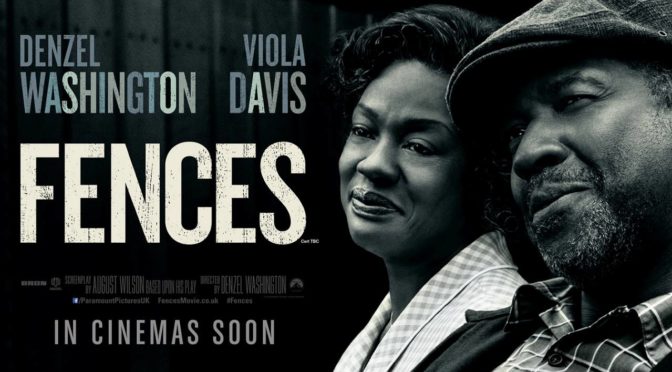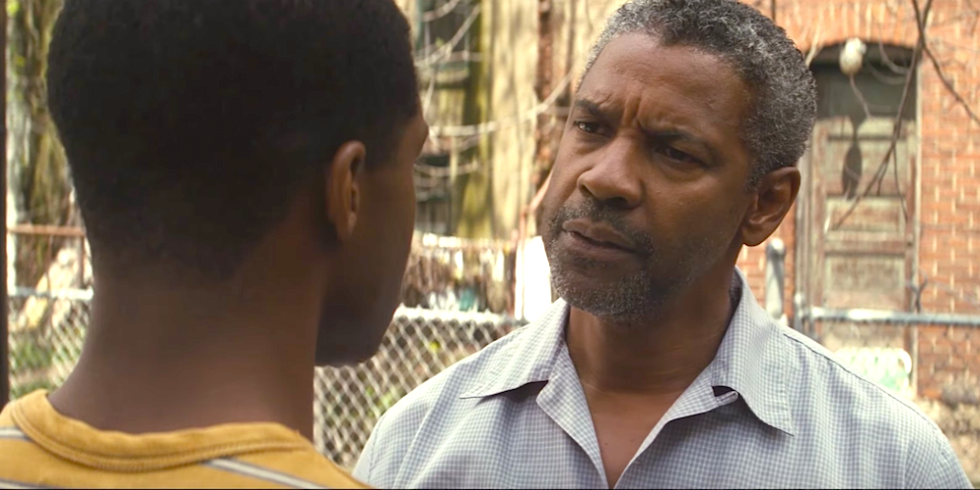Coming off his best picture winning 12 Years a Slave, director Steve McQueen has made the switch to studio fare. Widows features a noticeably larger budget and higher-profile cast than his previous works. The film opens with four men attempting a heist, led by Liam Neeson (Taken), only for it to go horribly wrong. In the background of this heist, there is a contentious election for alderman of a poor Chicago district between the wealthy Jack Mulligan (Colin Farell; The Lobster), a man whose family has held the role for generations, and a local crime boss named Jamal Manning (Brian Tyree Henry; Atlanta). Manning’s money was taken and destroyed in the failed heist so he and his enforcer (Daniel Kaluuya; Get Out) hold Neeson’s wife Veronica (Viola Davis; The Disappearance of Eleanor Rigby) responsible for the two million dollars. Veronica stumbles onto her husband’s plans for his next heist and rallies the wives of the other men who died to steal enough money to pay off Manning and support themselves.
The script, written by McQueen and Gillian Flynn (Gone Girl), emphasizes the cunning of each character and, in particular, the resourcefulness of the leading women. Despite their complete lack of criminal history the women are able to trick and manipulate others to get the tools they need, even with Manning’s threats looming over them. The logical leap from being in mourning of their husbands to committing armed robbery is never fully addressed, but the film moves quickly over this detail and lets the more exciting prep and execution take priority.

Davis leads the cast in a commanding performance. As the ringleader of the would-be criminals, she is uncompromising in her demands. She organizes the heist with an iron fist, but is not unfeeling. McQueen balances her tough exterior with flashbacks to tender moments between her and her husband. Davis exemplifies both the grief of someone who has suddenly lost their partner as well as the harsh pragmatism of someone in a life or death scenario. Her strength is only rivalled by Kaluuya’s character. As Jamal’s brother, he does the dirty work his sibling can’t be associated with. Less sadistic than annoyed and impatient with the people preventing him from completing his goals, he is vicious with his actions. His cold brutality is repeatedly reinforced, but is best highlighted in a unexpectedly involving scene where he lets two failed henchmen continue rapping before exacting his punishment. The sole lemon is Farrell whose natural speaking voice cripples his best efforts. The bizarre result of his attempt at an American accent is continually distracting since his character is supposed to be a local, making him the most Irish sounding “6th generation Chicagoan” you’ll ever hear.
Never one to shy away from violence onscreen, McQueen brings a welcome intensity. The opening heist quickly establishes his knack for vivid set pieces when allowed a larger budget to work with. The film also greatly benefits from his and cinematographer Sean Bobbitt’s framings. Like in 12 Years a Slave, when an extreme scene is about to play out, be it a murder or a difficult conversation, the camera will often look away from action, letting our imaginations take over. This technique is more unsettling and effective than simply showing the action as it makes the viewer a participant and forces us to speculate on what must be happening just offscreen. It’s unlikely to win an Oscar due to its genre, but Steve McQueen’s Widows is a intense and exciting heist film led by a group of strong performances.

4/5 stars.



